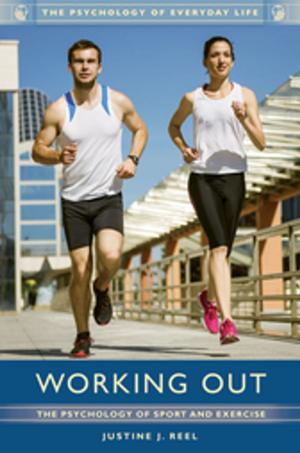Disability, Faith, and the Church: Inclusion and Accommodation in Contemporary Congregations
Inclusion and Accommodation in Contemporary Congregations
Nonfiction, Religion & Spirituality, Inspiration & Meditation, Faith, Christianity, Christian Life| Author: | Courtney Wilder Ph.D. | ISBN: | 9781440838859 |
| Publisher: | ABC-CLIO | Publication: | April 25, 2016 |
| Imprint: | Praeger | Language: | English |
| Author: | Courtney Wilder Ph.D. |
| ISBN: | 9781440838859 |
| Publisher: | ABC-CLIO |
| Publication: | April 25, 2016 |
| Imprint: | Praeger |
| Language: | English |
Disability, Faith, and the Church: Inclusion and Accommodation in Contemporary Congregations draws from a range of Christian theologians, denominational statements, writings of people with disabilities, and experiences of successful ministries for people with disabilities to answer the deep need of many Christian communities: to live out their calling by welcoming all people. By focusing on 20th- and 21st-century thinkers and political and religious practices, the book outlines best practices for congregations and supplies practical information that readers can apply in classroom or church settings.
The author draws on thinkers from a variety of Christian traditions—including Roman Catholicism, Episcopalianism, Lutheranism, and the Reform traditions—to provide a theologically robust discussion that remains accessible to churchgoers without formal theological training. Emphasis is placed on connecting formal theological reflection and the experiences of ordinary people with disabilities to existing congregational practices and denominational statements, thereby enabling readers to decide on the best ways to successfully include people with disabilities into their communities within the rich and diverse Christian theological tradition.
Disability, Faith, and the Church: Inclusion and Accommodation in Contemporary Congregations draws from a range of Christian theologians, denominational statements, writings of people with disabilities, and experiences of successful ministries for people with disabilities to answer the deep need of many Christian communities: to live out their calling by welcoming all people. By focusing on 20th- and 21st-century thinkers and political and religious practices, the book outlines best practices for congregations and supplies practical information that readers can apply in classroom or church settings.
The author draws on thinkers from a variety of Christian traditions—including Roman Catholicism, Episcopalianism, Lutheranism, and the Reform traditions—to provide a theologically robust discussion that remains accessible to churchgoers without formal theological training. Emphasis is placed on connecting formal theological reflection and the experiences of ordinary people with disabilities to existing congregational practices and denominational statements, thereby enabling readers to decide on the best ways to successfully include people with disabilities into their communities within the rich and diverse Christian theological tradition.
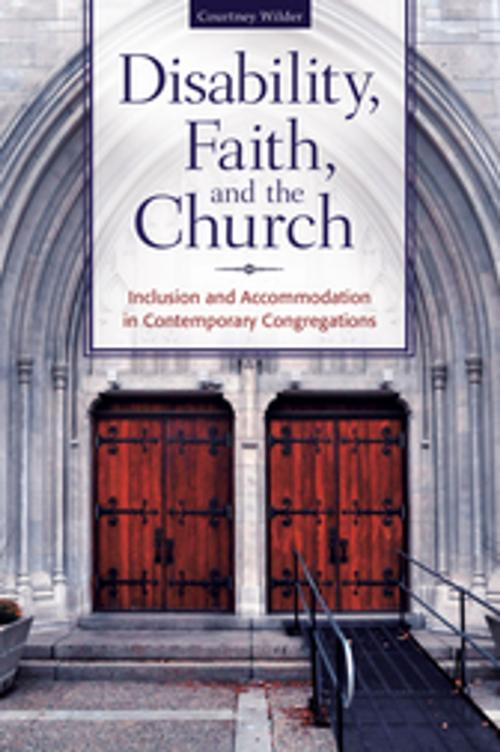

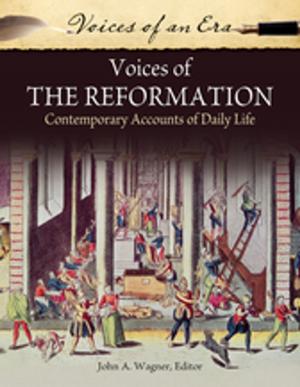
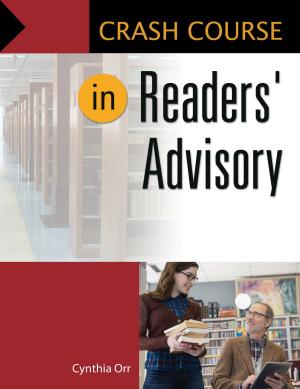

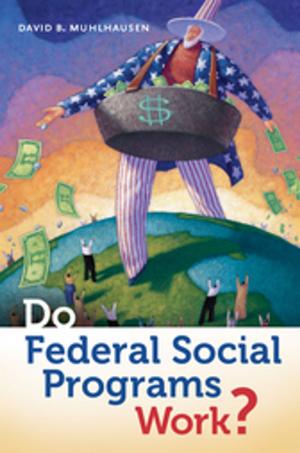

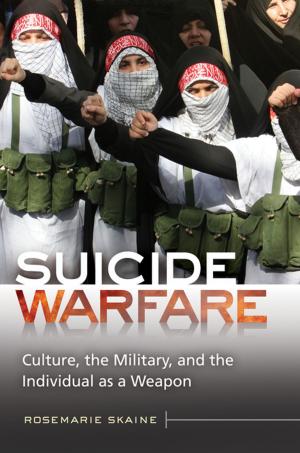

![Cover of the book Encyclopedia of the Kennedys: The People and Events That Shaped America [3 volumes] by Courtney Wilder Ph.D.](https://www.kuoky.com/images/2012/september/300x300/9781598845396-JWmm_300x.jpg)
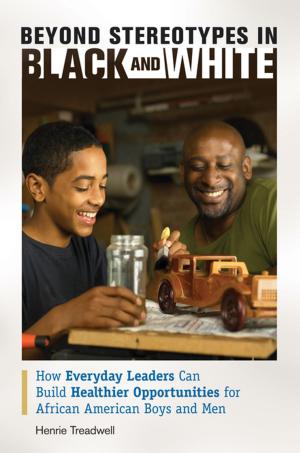
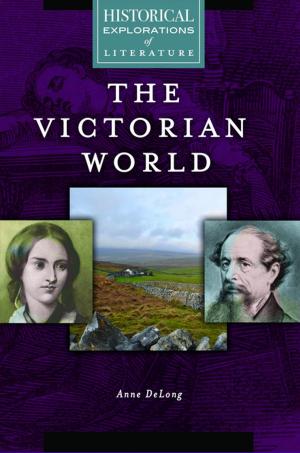
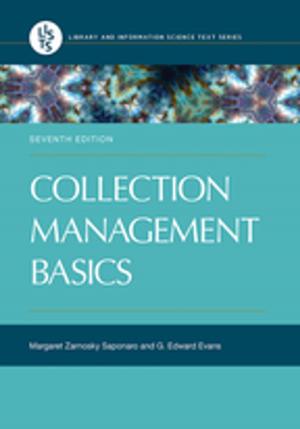
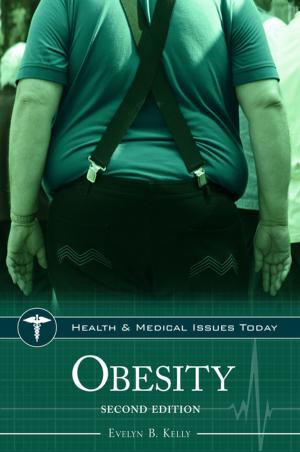
![Cover of the book Hip Hop around the World: An Encyclopedia [2 volumes] by Courtney Wilder Ph.D.](https://www.kuoky.com/images/2018/december/300x300/9780313357596-SZDe_300x.jpg)
